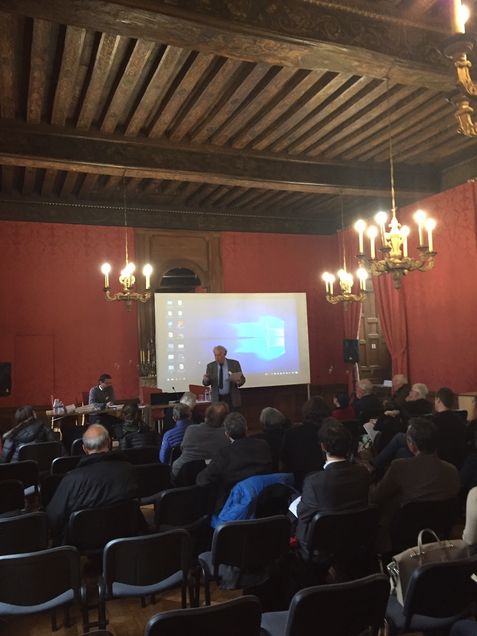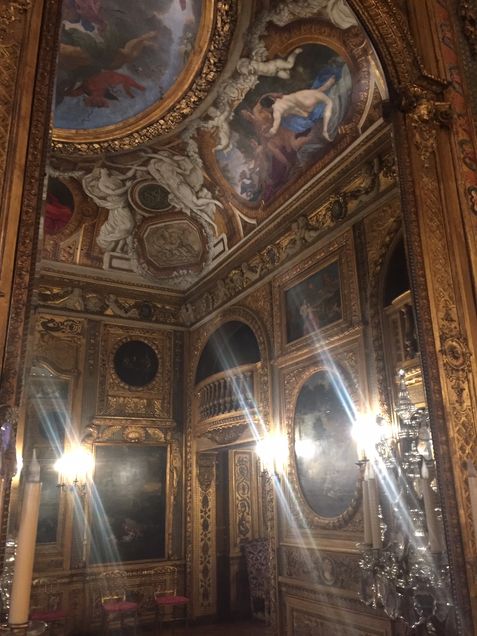An Alternative Thanksgiving: Maritime Asia Conference in Paris for Professor Menegon
During the past Thanksgiving break (November 21-23, 2018), Professor Eugenio Menegon presented a paper entitled “Communicating on board and on shore: European testimonies on varieties of lingua franca in maritime China, 1550-1850” at the International Conference “Maritime knowledge for Asian seas. An interdisciplinary dialogue between maritime historians and archaeologists,” organized by the SeaFaring Research Programme, and hosted by the École française d’Extrême Orient, the Institut d’études avancées de Paris and the École des hautes études en sciences sociales, all in Paris (France). On November 24, Menegon also attended a workshop about cartography and sources in Asian maritime history at EHESS.
Using published and archival sources, Menegon’s presentation considered Portuguese and English pidgins as intermediary languages to communicate both on ships and on shore in the Pearl River Delta (Macao and Canton) in the 18th and 19th centuries. Seamen, naval officers, missionaries, European colonial officials and traders, Qing bureaucrats and merchants, interpreters and interlopers, all needed to use some common language, spoken and written, to conduct business transactions and arrange for transportation and other daily needs. This exploration casts light on a relatively little known aspect of Sino-European relations, and contributes to the current book project of Professor Menegon on Europeans in late imperial China.

